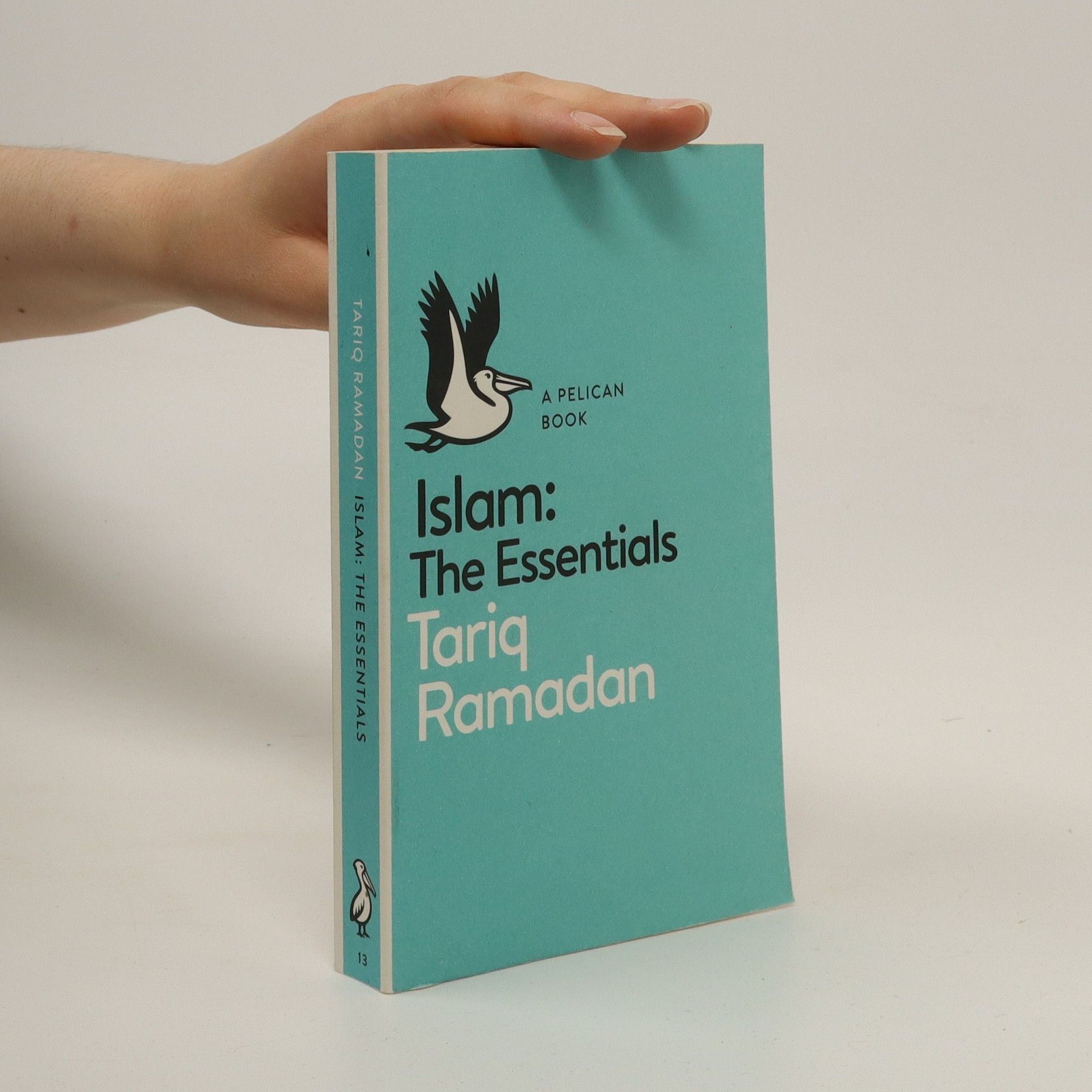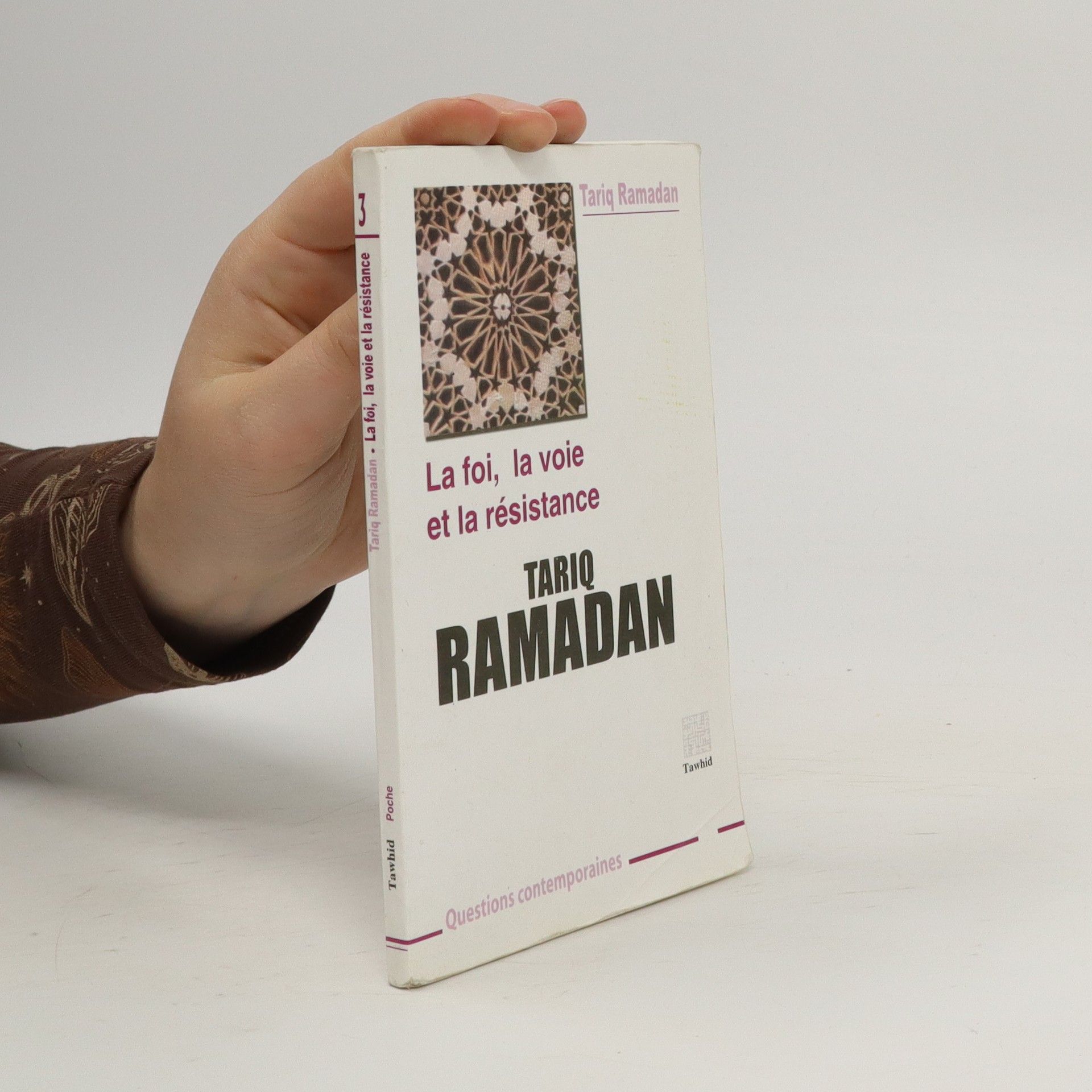Leben und Botschaft des Propheten MuhammadTariq Ramadan, Europas führender Islamwissenschaftler mit einer breiten Anhängerschaft, wirft einen Blick auf Muhammad. Er zeichnet das Lebensbild eines schüchternen, gütigen und doch bestimmenden Menschen, der eine Weltreligion und ein gewaltiges Imperium begründet hat. Ramadan erzählt die Schlüsselereignisse im Leben des Propheten so, dass dessen geistige und moralischen Lehren verständlich werden.
Tariq Ramadan Bücher
Tariq Ramadan befasst sich eingehend mit den komplexen Schnittstellen von islamischer Philosophie und der zeitgenössischen Gesellschaft. Seine Werke untersuchen kritisch Themen wie Identität, Glauben und bürgerschaftliches Engagement und bieten nuancierte Perspektiven für globale Diskurse. Ramadans intellektueller Ansatz zeichnet sich durch eine rigorose Synthese aus traditioneller islamischer Gelehrsamkeit und westlichen philosophischen Traditionen aus, insbesondere durch sein umfangreiches Studium von Friedrich Nietzsche. Mit seinen Schriften und Vorträgen zielt er darauf ab, Verständnis und konstruktive Auseinandersetzung über verschiedene kulturelle und religiöse Landschaften hinweg zu fördern.
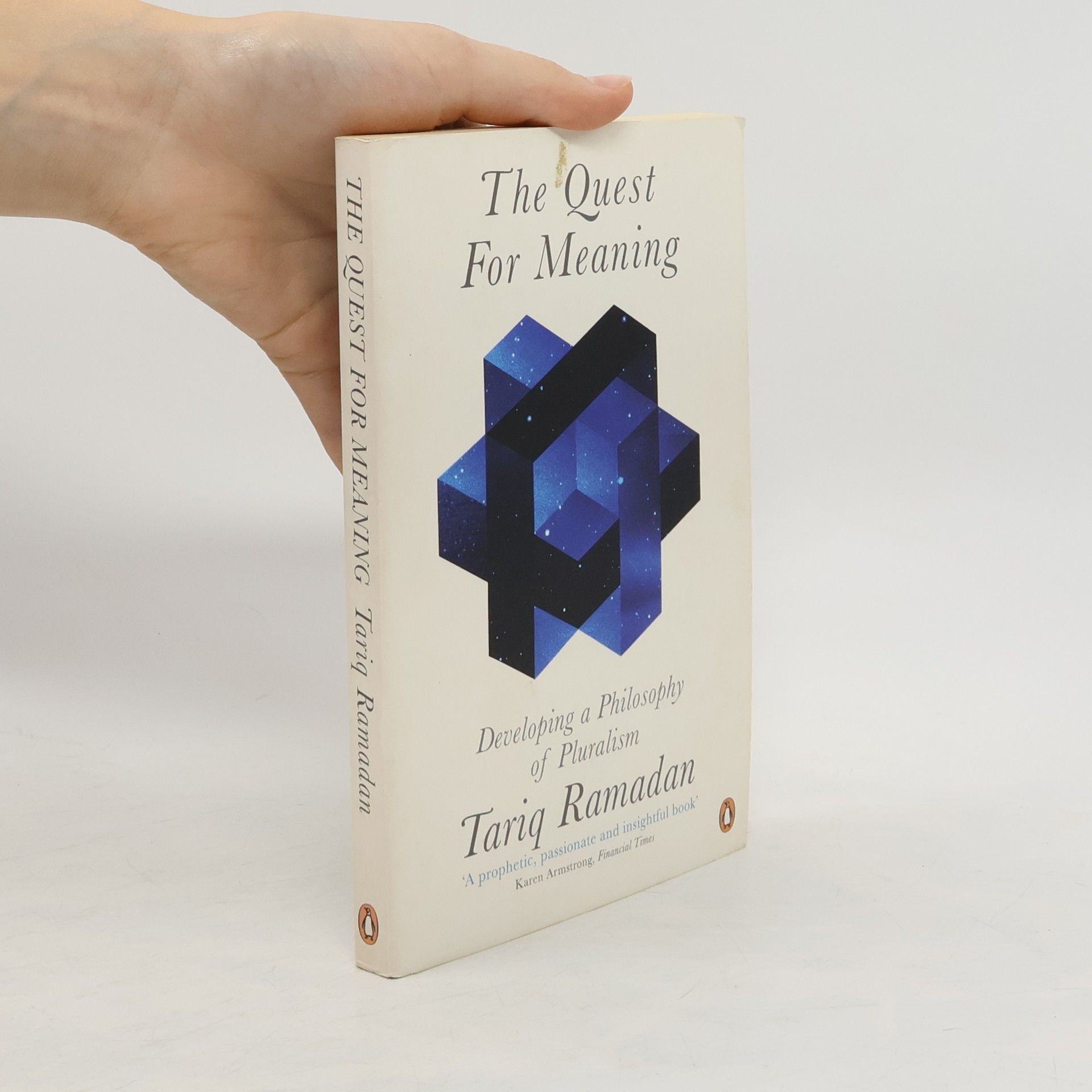
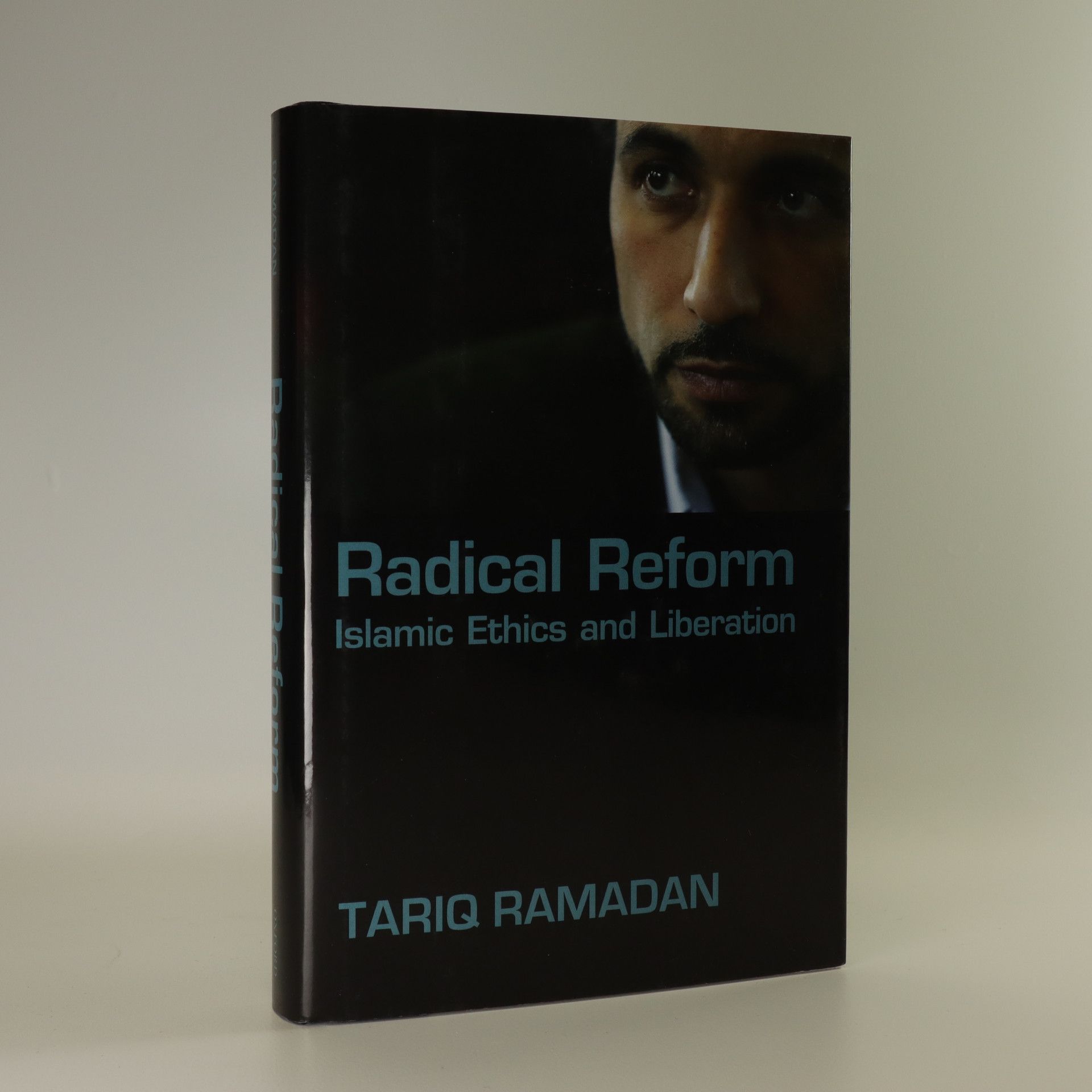
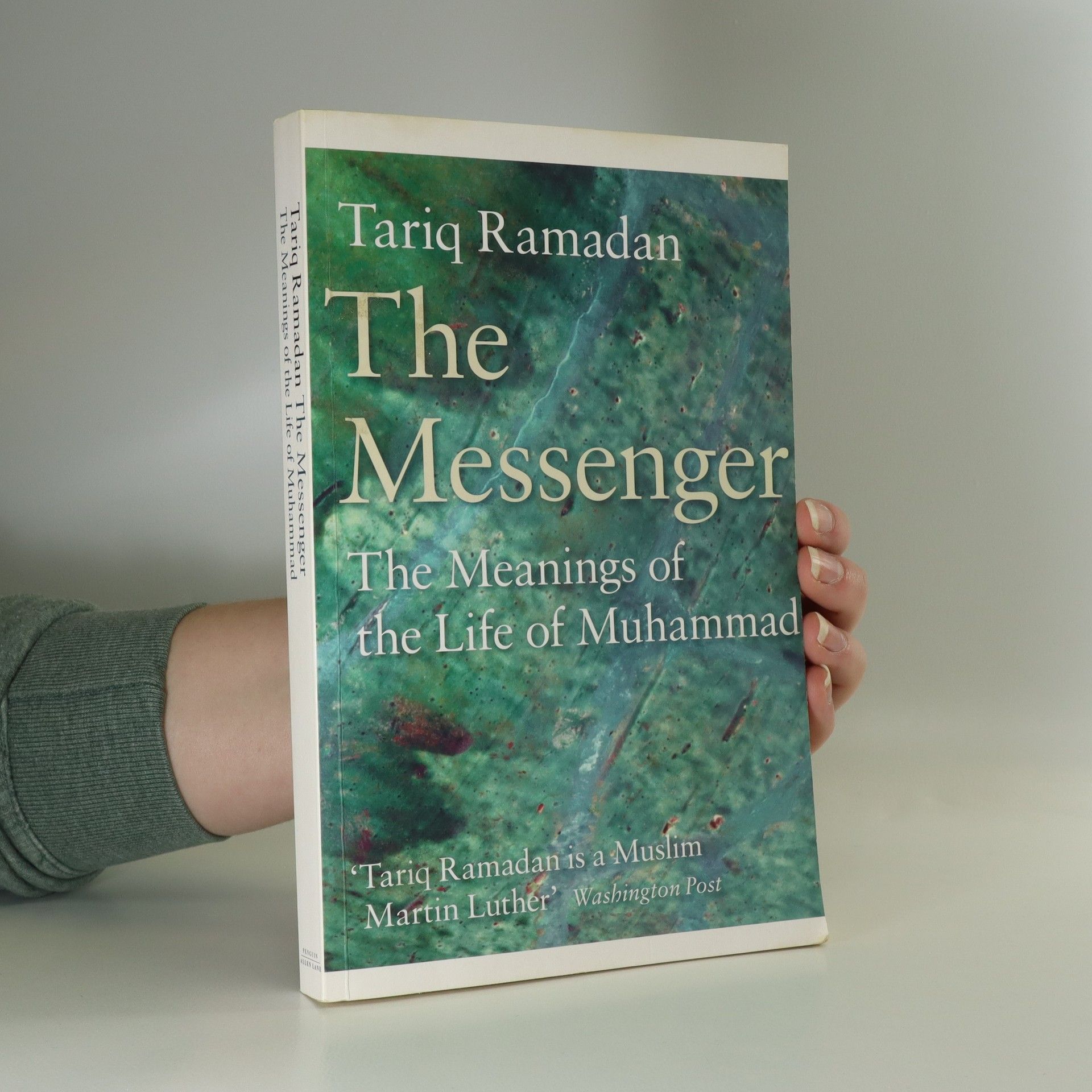
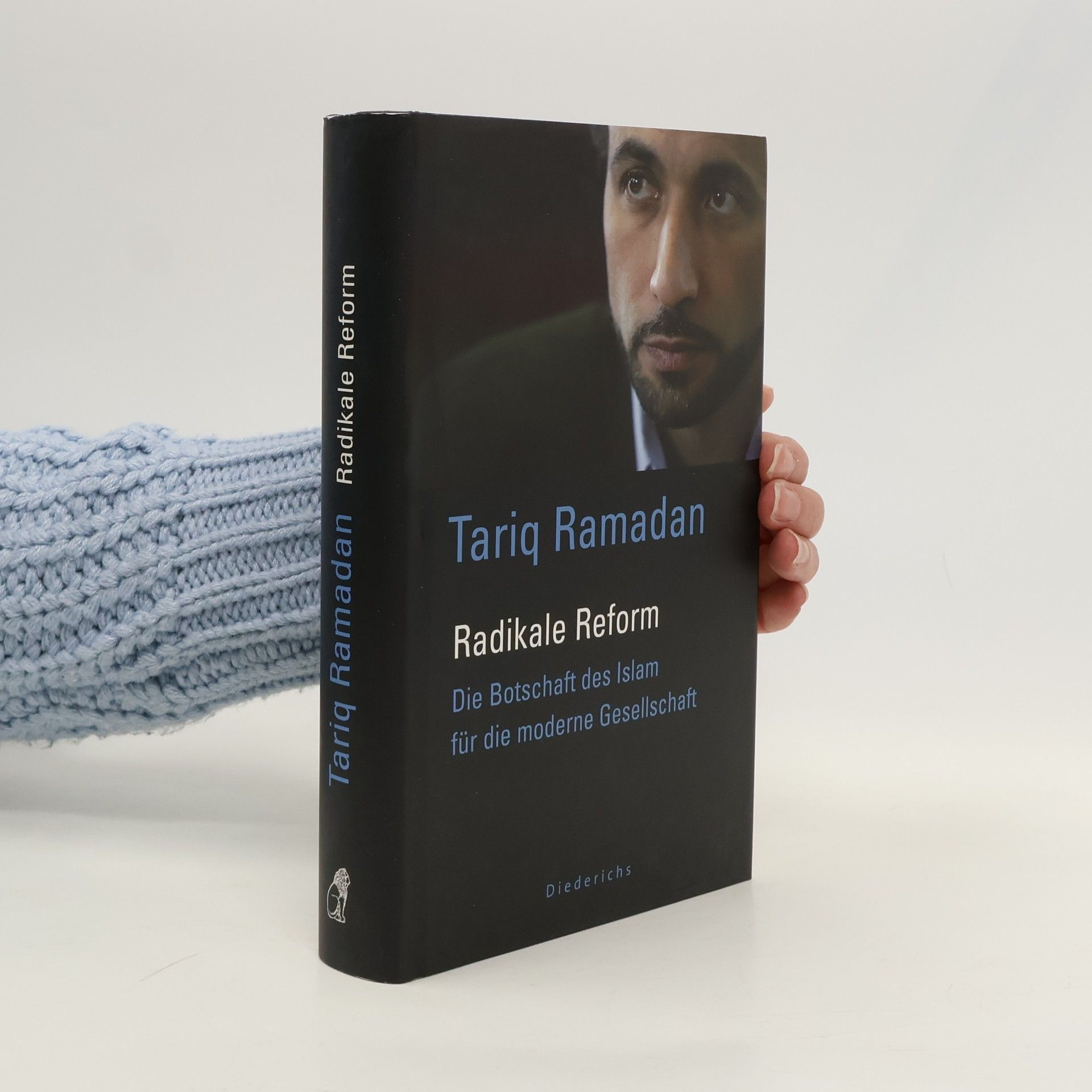

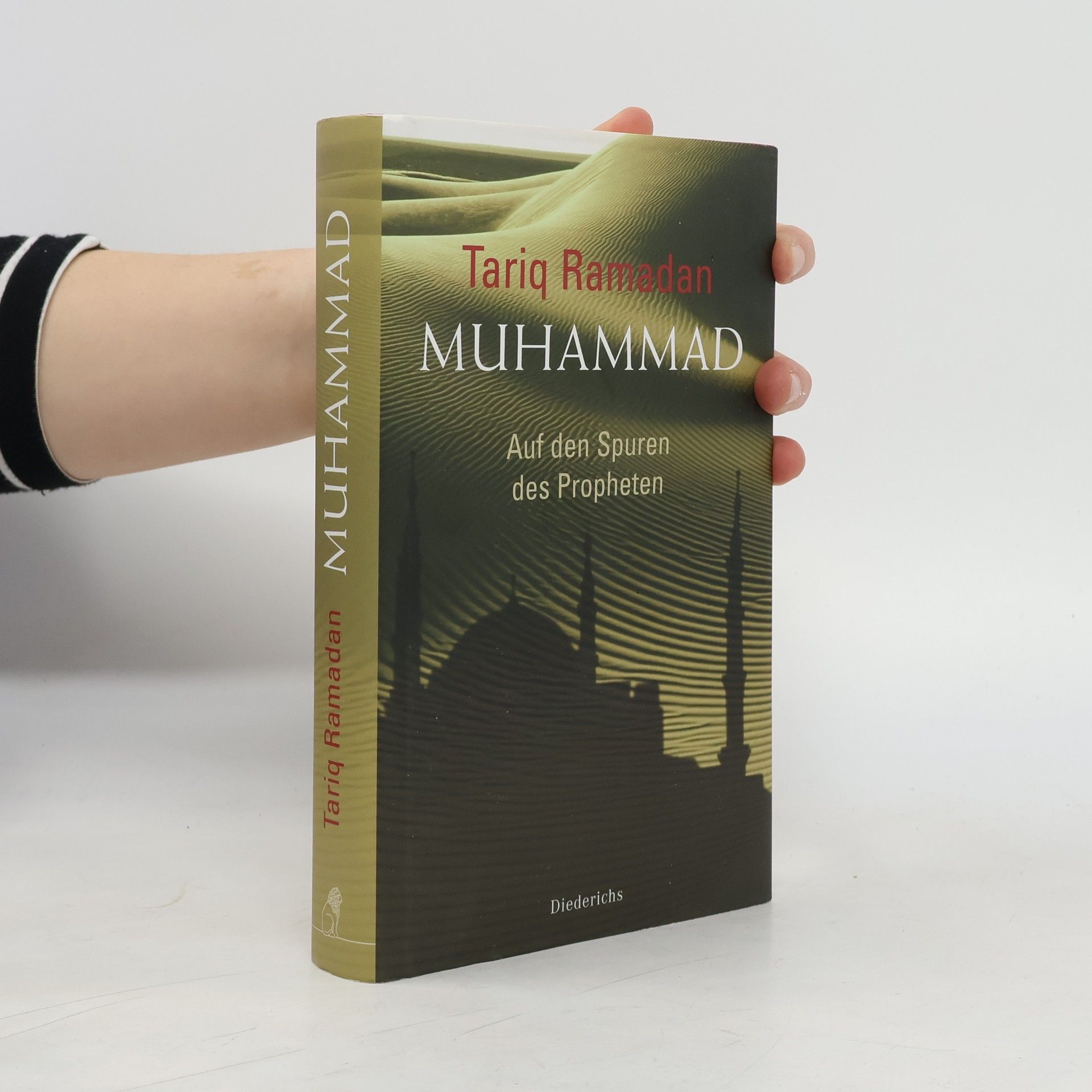
Der Islam und der Westen
- 399 Seiten
- 14 Lesestunden
Tariq Ramadan untersucht in "Rettet der Islam den Westen?" die Rolle des Islam als religiöse Weltmacht und plädiert für eine radikale Reform. Er verbindet die Scharia mit Rechtsstaatlichkeit und Menschenrechten und entwickelt eine moderne islamische Ethik, die Freiheit und Würde des Einzelnen betont.
The Messenger
- 242 Seiten
- 9 Lesestunden
Named by Time magazine as one of the 100 most important innovators of the century, Tariq Ramadan is a leading Muslim scholar, with a large following especially among young European and American Muslims. In his first book written for a wide audience, he offers a biography of the Prophet Muhammad, highlighting the spiritual and ethical teachings of one of the most influential figures in human history. Capturing a life that was often eventful, gripping, and highly charged, Ramadan provides both an intimate portrait of a man who was shy, kind, but determined, as well as a dramatic chronicle of a leader who launched a great religion and inspired a vast empire. Underscoring the historical importance and meaning of Muhammad, The Messenger addresses the significance of the Prophet for some of today's most controversial issues, such as the treatment of the poor, the role of women, Islamic criminal punishments, war, racism, and relations with other religions.
Radical Reform
- 288 Seiten
- 11 Lesestunden
In this new book, Tariq Ramadan argues that it is crucial to find theoretical and practical solutions that will enable Western Muslims to remain faithful to Islamic ethics while fully living within their societies and their time. He notes that Muslim scholars often refer to the notion of ijtihad (critical and renewed reading of the foundational texts) as the only way for Muslims to take up these modern challenges. But, Ramadan argues, in practice such readings have effectively reached the limits of their ability to serve the faithful in the West as well as the East. In this book he sets forward a radical new concept of ijtihad, which puts context -- including the knowledge derived from the hard and human sciences, cultures and their geographic and historical contingencies -- on an equal footing with the scriptures as a source of Islamic law.
The Quest for Meaning: Developing a Philosophy of Pluralism
- 212 Seiten
- 8 Lesestunden
In a world so full of different beliefs and viewpoints, how can we find peace in our shared humanity? In this title, the author explores universal ideas such as love, respect, truth and tolerance, and examines questions such as: How can men and women relate to each other? What is the true nature of equality? What does 'civilization' really mean?
Islam : the essentials
- 336 Seiten
- 12 Lesestunden
The essential introduction to Islam by a leading expert Hardly a day goes by without mention of Islam. And yet, for most people, and in much of the world, Islam remains a little-known religion. Whether the issue is violence, terrorism, women's rights or slavery, Muslims are today expected to provide answers and to justify what Islam is - or is not. But little opportunity exists, either in the media or in society as a whole, to describe Islam: precisely the question this short and extremely accessible book sets out to answer. In simple, direct language it will introduce readers to Islam, to its spirituality, its principles, its rituals, its diversity and its evolution.
"Rencontre inattendue : le penseur de la complexité face au philosophe théologien réformateur. L’agnostique face au croyant. Le descendant de marranes face au fils d’exilés égyptiens. Le « fréquentable » Edgar Morin face à l’« infréquentable » Tariq Ramada. Loin des clichés attachés à leurs noms, ce sont surtout deux intellectuels ancrés dans leur époque et dans leur culture, deux Européens déclarés qui cherchent ici une « Voie » commune, évoquent leurs années de formation et débattent, avec la complicité de Claude-Henry du Bord, sur l’éducation, les sciences, l’art, la laïcité, les droits des femmes et des minorités, le nouveau Moyen-Orient, le conflit israélo-palestinien, l’antisémitisme et l’islamophobie, la démocratie et le fondamentalisme, la mondialisation et le pardon. Deux conceptions du monde et de la foi, deux philosophies de vie qui ne demandent qu’à s’écouter." [Source : 4e de couv.]
La foi, la voie et la résistance
- 79 Seiten
- 3 Lesestunden
L'éthique islamique qui devait orienter s'est mutilée en une éthique réduite aux disputes sur les limites techniques du halal et du haram, conduisant les musulmans vers la " tentation minoritaire ", en Occident comme dans le monde. Or, il faut revenir à la source : penser sa présence dans et à partir des références musulmanes. La shahada, c'est porter la foi en Dieu et en Son Messager. La shari'a, c'est suivre le chemin de la fidélité, la Voie. Accomplir son devoir de résistance, c'est reprendre possession de son cœur, construire son intelligence et s'engager à promouvoir des projets alternatifs. En termes d'exigence, de don et de réforme. Pour soi et pour autrui, et dans tous les domaines de la vie.
